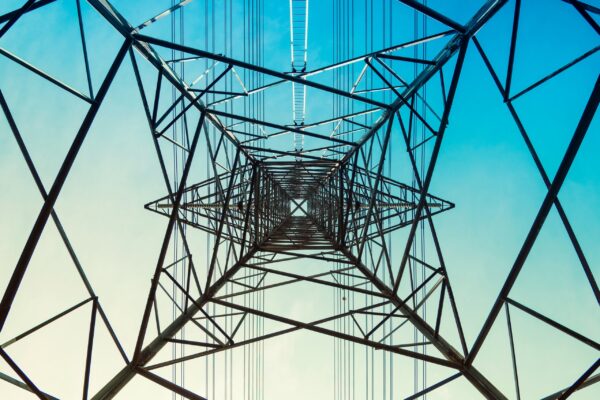
Energy intensive businesses could qualify to reclaim 60% of network charges
The government recently confirmed it’s going support EIIs by introducing the Network Charging Compensation (NCC) scheme, providing 60% compensation on eligible network charges.
Earlier this year, the British Industry Supercharger (BIS) was announced, creating a set of measures that will help the Energy Intensive Industry (EII) improve its competitiveness and tackle indirect carbon leakage.
The government recently confirmed it’s going to help support EIIs further by introducing the Network Charging Compensation (NCC) scheme. This programme will offer financial support to EIIs by providing 60% compensation on eligible network charges. The Department of Business and Trade believes that this scheme will save eligible companies around £14/MWh on their electricity bills.
What is the NCC Scheme and why is it important?
It’s been noted that British EIIs have been paying up to 50% more for their electricity. In turn, this has damaged their profitability and potential for investment when compared with energy intensive industries in comparable neighbouring countries.
In fact, Ofgem analysis found that even after considering all support and reliefs available, between 2016 to 2020 the British energy intensive industry was still exposed to electricity prices 50% higher than their competitors in France and Germany, putting the country at risk of losing production and workforce to overseas markets.
To prevent this from happening, the government created the British Industry Supercharger (BIS), comprised of three principal measures. First of all, this Bill aims to increase financial support under the existing EII Renewable Levy Exemption Scheme from 85% to 100%. Secondly, it plans to grant complete indirect exemption related to capacity market charges and, finally, introduce compensation for network costs through an EII Network Charging Compensation (NCC) Scheme.
Following an eight-week consultation that terminated at the end of August 2023, the government recently announced to address the third measure by providing eligible EIIs with a discount on a portion of their network charging costs.
How will the NCC Scheme work?
The NCC Scheme will provide EIIs with compensation on 60% of their network costs. This will be funded by a levy on all licensed GB electricity suppliers known as the EII Support Levy. Through this, each supplier will be charged with a specific levy rate for a set duration, generating funds used to reimburse EIIs for a portion of their expenses. To calculate the necessary funds that need to be raised via the levy, EIIs will have to provide evidence of the acquired network charges.
After the funds have been collected, compensation will be paid to EIIs in arrears. This means that network costs incurred in April 2024 will be compensated the following year.
Not every business will be eligible for the scheme, only those holding a valid EII Exemption Scheme certificate will be able to benefit. Once the legislation has been put in place, the government will provide this document to certain EIIs to demonstrate their eligibility, as well as the other British Industry Supercharger measures as soon as they have been set up.
What does it mean for those not in the energy intensive industry?
For everyone who is not in the energy intensive sector, the EII Support Levy is expected to be transferred to domestic and non-domestic consumers through their electricity supplier as an extra charge on their electricity bills. This is expected to add £1/MWh to the bills for non-eligible non-domestic customers and between £3 to £5 to the average household bill.
What happens next?
The next steps the government will take for this scheme include appointing an administrator, drafting the Statutory Instrument to be laid in Parliament, and passing this policy proposal into legislation.
Once the scheme administrator has been appointed the government will initiate discussions with electricity suppliers to shape the technical aspects of the levy. This engagement will determine whether it’s better for compensation to be paid out each quarter, or if it can be done more frequently, for example, on a monthly basis tracking the collection of the levy.
Regardless of the above outcome, eligible EIIs will need to supply evidence of costs incurred every four months.
Are you eligible for the British Industry Supercharger or Network Charging Compensation scheme?
Our team of 640 experts are ready to help you check your eligibility, can guide you through the process and review your bills to make sure the correct discounts are applied once confirmed.
If you would like to discuss how we can help your business, please contact us at [email protected] or call us on 01772 689250.










